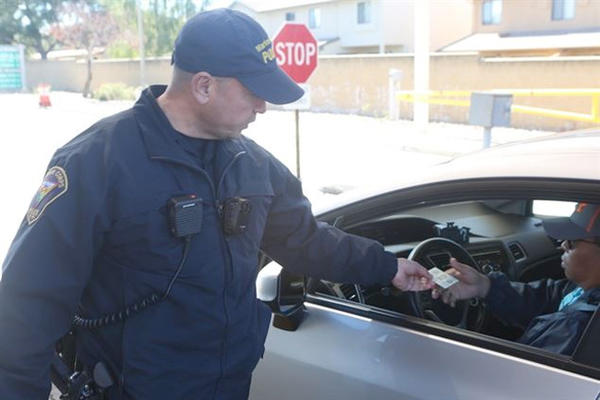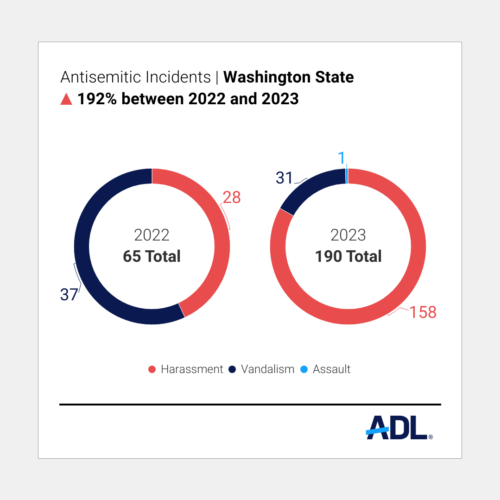
Why Equipping Police With Body Cameras Is Not As Easy As It Seems
Listen
It seems so simple. Equip police officers with body cameras to record their interactions with the public. But it turns out it’s actually quite complicated.
A legislative task force meets Tuesday in an ongoing effort to try to figure it out.
Washington state has a temporary law governing the use of police body cameras. That law expires in 2019. Democratic State Rep. Drew Hansen co-chairs Washington’s task force on the Use of Body Worn Cameras. He said privacy is his number one concern.
“We need to have some reasonable privacy protections so that every possible sensitive interaction in people’s lives doesn’t just go up on YouTube for everyone to gawk at,” Hansen said.
Washington’s temporary law exempts body cam video from disclosure if “essential” to protect a person’s right to privacy. It also requires police departments that deploy the cameras to establish policies for how officers use them.
Meanwhile the task force is supposed to issue a final report to the legislature this December. From there lawmakers will have to figure out if there’s consensus to pass a permanent law.
9(MDAyNTQ1NzQ1MDEyMjk0OTcxNTI4MzljZQ001))
Related Stories:

Concejo elimina Downtown Pasco Development Authority
El Concejo de Pasco decidió por unanimidad disolver Downtown Pasco Development Authority (la autoridad encargada del desarrollo del centro de la ciudad), durante una reunión ordinaria celebrada el pasado 15 de abril. Continue Reading Concejo elimina Downtown Pasco Development Authority

Pasco City Council dissolves Downtown Pasco Development Authority
The Pasco City Council unanimously decided to dissolve the Downtown Pasco Development Authority, after a public hearing this week. The Authority had been examined for months, and a state audit questioned its administrative management. Continue Reading Pasco City Council dissolves Downtown Pasco Development Authority

Idaho doctor: Abortion access ‘integral to the practice of OB-GYN’
Idaho has one of the strictest abortion bans in the country. On April 24th, the U-S Supreme Court is scheduled to hear oral arguments in a case to decide whether Idaho’s ban violates a federal law mandating emergency care. Continue Reading Idaho doctor: Abortion access ‘integral to the practice of OB-GYN’












